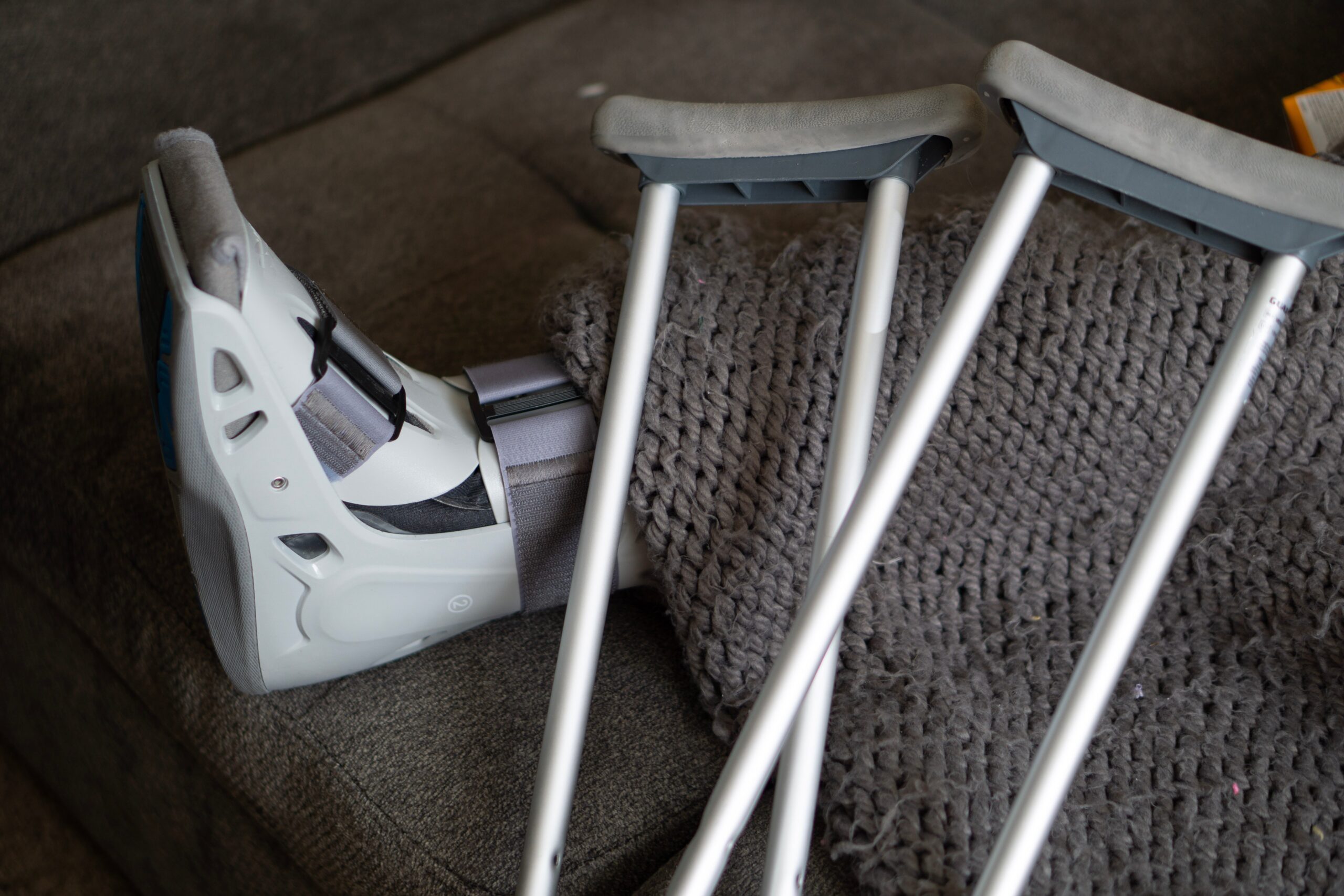 All you need to know – disability at your workplace
All you need to know – disability at your workplace
It’s against the law for employers to discriminate against you because of a disability.
Imagine this. You suffer an injury that leaves you disabled. Your employer fails to make reasonable adjustments for your condition. Eventually, they dismiss you on the grounds of ill-health.
That’s what happened to Patricia Murphy. She went on to make – and win – claims for discrimination and unfair dismissal.
What happened
Patricia joined Northumberland County Council as a social worker in 1999. She injured her feet in 2014, and underwent surgery in 2016 to correct the resulting nerve damage.
After complaints about her performance in 2015, she had been demoted from working as a team leader to an independent reviewing officer (IRO) – a role that involved travelling and full mobility.
After the operation, she attended a meeting with her line manager and HR adviser where she told them she could do some work but couldn’t fulfil all the duties of an IRO.
When she returned to work in November, she was provided with a foot rest on the advice of Occupational Health (OH). She was then absent as ‘unfit for work’ from December 2016, confirmed by an OH report in February 2017.
In May, Patricia met the investigating officer under the council’s absence management policy (AMP). She repeated that she could work as a team manager or similar, but not as an IRO because of her mobility difficulties.
Her employers arranged a phased return to work, starting with an audit role with effect from August, followed by full IRO responsibilities after four weeks otherwise she’d be dismissed.
Patricia went back to work as arranged, and asked if she could use annual leave to extend her phased return (a suggestion that was supported by OH).
This request was refused. What’s more, her boss said Patricia’s behaviour was like “an angry, stroppy teenager” and that she felt as though “she wanted to poke [Patricia’s] eyes out”.
At a September review meeting, her boss asked how long “this disabled thing” was going to go on, and Patricia was dismissed at the end of the month.
Patricia brought claims of disability discrimination, failure to make reasonable adjustments, harassment, victimisation and unfair dismissal.
The tribunal found the council had failed in its duty to make reasonable adjustments, discriminated against Patricia because of her disability and unfairly dismissed her, but dismissed the victimisation claim. Judge Buchanan said Karen’s remarks were not an act of harassment or discrimination, but did “violate her dignity [and] create an intimidating and hostile environment.”
What this means to you
Your manager should be trained in handling sensitive conversations and always communicate with you in a professional and appropriate way.
They should make reasonable adjustments to help you do your job.
And, if they dismiss you, it must be for a good reason and follow a fair process.
If not, you may have a case against them and win compensation or even get your job back.
As employment lawyers, we only act on the side of employees. If you need any help or advice, give us a call.
Equality Act 2010
If you have a disability, you should not be discriminated against in the workplace, including:
- Application and interview process
- Pay and terms of employment
- Opportunities for promotion, transfer and training
- Discipline and grievance procedure
- Dismissal or selection for redundancy
This type of discrimination is unlawful where the employer knows you have a disability (or could reasonably be expected to know).
When they know, your employer should make ‘reasonable adjustments’ to help you do the job, such as adjusting your working hours, providing you with special equipment, removing physical barriers and/or providing extra support.
Health & Safety at Work Act 1974
Your employer should protect all workers from the risk of injury at work, so far as is reasonably practicable. This applies to every employee, whether they have a disability or not.
Definition of disability
In law, a disability is “a physical or mental impairment that has a substantial and long-term negative effect on someone’s ability to do normal daily activities”.
Related reading: All you need to know – disability at your workplace
- An expert guide to your rights with a hidden disability
- Disability discrimination: What you need to know
- My employer will not help with my disability
Need help?
For a free initial review of your case, call 0808 168 7288 or complete a Free Online Enquiry.
We have already helped thousands of people to win millions of pounds in compensation.
You have a choice of ways to pay, including ‘no win, no fee’.
